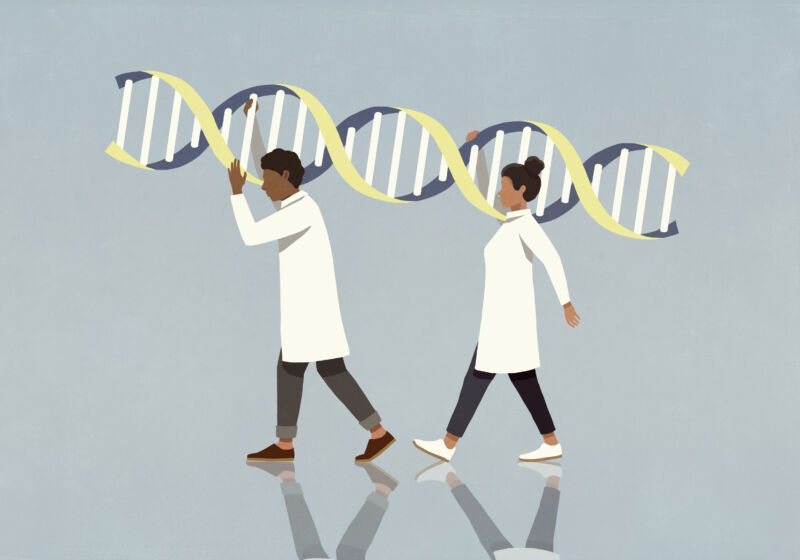Want to have your genes tested? It might be genetic

Enlarge (credit: Malte Mueller)
People who enroll in genetic studies are genetically predisposed to do so.
According to the Catalogue of Bias, ascertainment bias occurs when a sample being studied is not representative of the target population. This can produce misleading or even false conclusions, and it can be hard to detect since it cannot usually be identified by examining the sample alone. This is why many studies try to use variables other than participation in the study to make sure their samples are as representative as possible.
Studies examining how a particular treatment affects a particular health outcome often try to handle ascertainment bias by adjusting for covariates," things like education level or socioeconomic status, that could affect health outcomes independently of the treatment. But Stefania Benonisdottir and Augustine Kong at Oxford's Big Data Institute have just demonstrated that we can determine if genetic studies are biased using nothing but the genes of the participants.